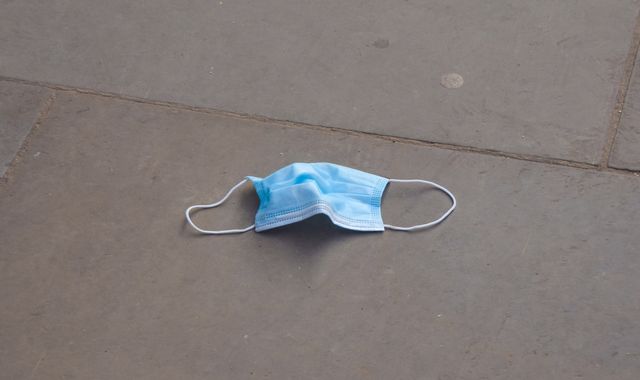Jeremy Hunt: Military spending must increase ‘decisively’
Written by News on 14/05/2019
Jeremy Hunt has signalled he wants military spending to increase “decisively” to counter new threats as he waded into the defence brief in a move many will see as a leadership pitch.


The foreign secretary did not specify a new target for the defence budget, which sits at just over 2% of national income. An extra 1% of GDP for the armed forces would be equal to about £20bn per year.
Mr Hunt used an annual speech in the City of London on Monday night to trumpet the UK’s role as a leading military power in Europe.
He suggested greater investment is needed because of an aggressive Russia, a more assertive China and less certainty about US dominance.
He also cited the way technology such as artificial intelligence, space and cyber is changing the nature of war.
“For these and other reasons I believe it is time for the next strategic defence and security review to ask whether, over the coming decade, we should decisively increase the proportion of GDP we devote to defence,” the senior cabinet minister said.
He was referring to a review that takes place every five years. The next one is due in 2020, most likely under a new Conservative prime minister or a whole new government.
“Any additional funds would of course need to be for new capabilities and not simply plugging gaps in existing plans,” Mr Hunt said.
“The outcome of such investment should demonstrate beyond doubt that when we say Britain stands for the defence of democratic values, when we promise never to leave our great ally, the United States, to perform this task alone then we are as good as our word and in doing so we encourage other democracies who share our values to follow suit.”
It is highly unusual for a foreign secretary to stray into a policy area typically covered by the Ministry of Defence, which has just welcomed Penny Mordaunt as its first female defence secretary following the sacking of Gavin Williamson earlier this month.
“It’s massive leadership territory,” a defence source said. “It is not his place [to talk about defence spending]. It is a shot across Penny’s bow.”
Mr Hunt is among a list of ministers and Tory MPs thought to be in the running to replace Theresa May when she steps aside.
The foreign secretary, who is due to meet Jens Stoltenberg, the secretary general of NATO on Tuesday, said the NATO alliance is the foundation of Britain’s security.
“But it is simply not sustainable to expect one NATO ally to spend nearly 4% of its GDP on defence while the others spend between 1 and 2%,” he said at the Mansion House speech.
Only a handful of countries, including the UK, meet the minimum requirement set by NATO of spending at least 2% of national income on defence.
The United States is by far the biggest contributor to the alliance – a discrepancy that has enraged US President Donald Trump and prompted threats by him to pull America out of NATO unless European allies increase expenditure on their armed forces.
A previous UK defence review in 2015 set out plans for an array of warships, submarines, jets, satellites and other equipment but without sufficient funding to purchase everything and sustain it.
The gap in the defence budget is at least £20bn over 10 years.
Hopes to secure a sufficient uplift in 2018 were dealt a blow when Mr Hunt, as health secretary, secured an extra £20bn for the NHS.
As foreign secretary, his focus is more global.
“We face a more aggressive Russia and a more assertive China. We simply do not know what the balance of power in the world will be in 25 years’ time,” he told his audience.
“At the same time … the conflicts of tomorrow could well start with a cyber attack, then escalate into precision strikes by hypersonic missiles followed by swarms of unmanned aircraft. The new domains of space and cyber and the immense capabilities of Artificial Intelligence will transform the conduct of warfare.”
He said Britain should be a leader in these areas of technology.
(c) Sky News 2019: Jeremy Hunt: Military spending must increase ‘decisively’







